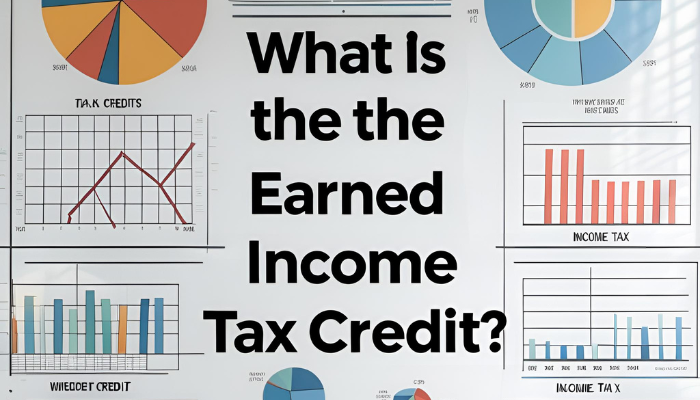What is a Non Refundable Tax Credit?
Tax season may be a minefield of jargon and requirements. Non-refundable tax credits are a critical component among these. But what is a non refundable tax credit, and how does it vary from other tax breaks?
We welcome you to reap the benefits of our tax advisor services to untangle the complexities of what is a non refundable tax credit so you can better understand its significance and impact on your finances and compliance with the state’s regulatory authorities – The Internal Revenue Service (IRS).
Understanding Non-Refundable Tax Credit
Non-refundable tax credits are government-provided incentives to decrease an individual’s or business’s overall tax liability. However, the important difference is their redeemability.
Learning what is a non refundable tax credit is essential because it can result in a refund even if the credit exceeds the tax due, solely offset taxes owed. Simply put, they can lower your tax payment to zero, but any extra credit does not result in a cash return.
Application and Limitations
It is critical to understand what is a non refundable tax credit to comprehend its applications and limitations. Credits, unlike deductions, immediately lower the tax payment dollar for dollar. However, because they are non-refundable, they may only partially benefit persons with lesser tax liabilities or those who cannot use the whole credit amount.
Applying for these credits necessitates strict adherence to qualifying requirements and precise restrictions established by tax authorities. Maintaining compliance and optimizing advantages frequently demands proper record-keeping and knowing the complexities of each credit.
Optimization Techniques
Despite its restrictions, there are techniques for maximizing the use of non-refundable tax credits:
Credits Should Be Prioritized Wisely
Assess your eligibility and the possible benefit of each credit before claiming the ones that give the most significant tax savings.
Expense Planning and Allocation
Plan costs that qualify for these credits strategically to optimize their use, especially for education or energy-related expenses.
Consider Carryforwards
Some non-refundable credits allow for carrying unused amounts to future tax years, allowing you to profit as your tax responsibilities rise.
Last Thoughts
Understanding what is a non refundable tax credit allows you to lower the tax bills through various means. However, they require a sophisticated strategy to maximize their advantages because they are non-refundable. Understanding these credits, their restrictions, and techniques for maximizing their use can significantly influence one’s tax burden.
Managing the world of non-refundable tax credits necessitates a complete awareness of its complexities. Our best tax consultant Houston Services, utilizes these credits to your financial circumstances; you may efficiently lower your tax liability within the scope of existing legislation.


